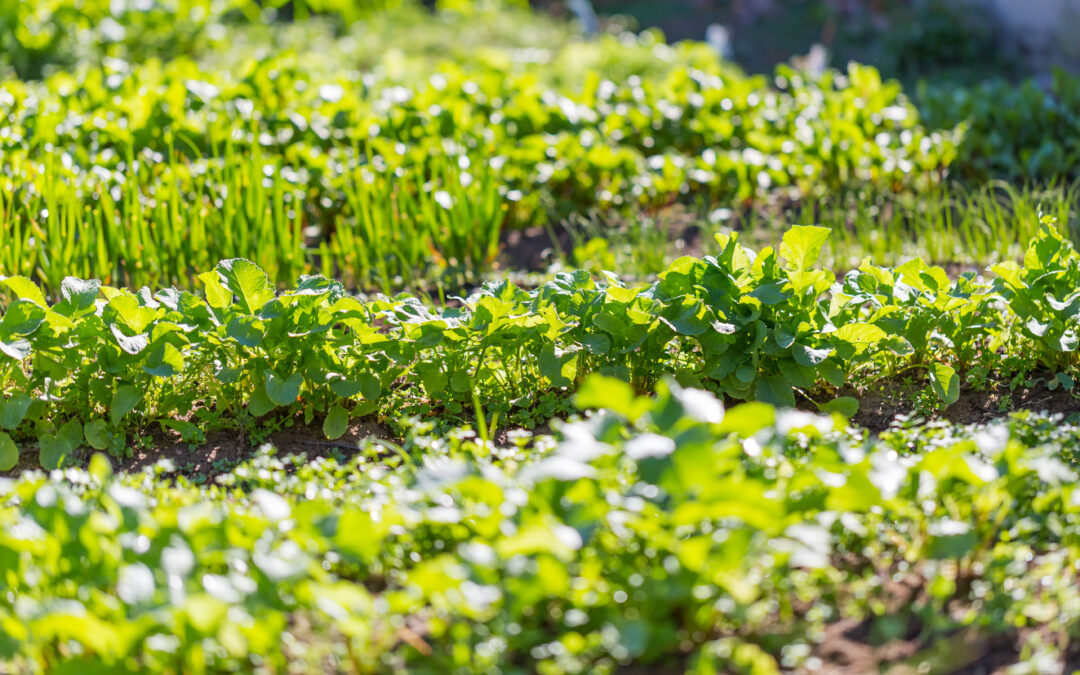Organic gardening is a growing trend that has been gaining popularity over the years. It involves using natural methods to grow plants and vegetables without relying on synthetic chemicals or pesticides. In this blog post, we will explore the benefits of going organic, how you can start your own organic garden, common mistakes to avoid when starting an organic garden, and finally, our conclusion and final thoughts.
Introduction to Organic Gardening
Organic gardening is all about working with nature instead of against it. This means using natural fertilizers like compost and manure, companion planting, crop rotation, and other techniques to promote healthy soil and prevent pests and diseases. By doing so, you create a sustainable ecosystem where plants thrive and produce nutritious food for you and your family.
The Benefits of Going Organic
There are many reasons why people choose to go organic. Here are some of the most significant benefits:
1. Better Taste – Organically grown fruits and vegetables tend to have a better taste than conventionally grown ones because they are not sprayed with chemicals that alter their flavor.
2. More Nutrients – Studies show that organic produce contains more vitamins, minerals, and antioxidants than conventional produce. This is because organic farming practices focus on building healthy soil, which in turn produces healthier plants.
3. No Pesticide Residues – Conventional produce is often sprayed with pesticides that leave residue on the fruit or vegetable. These residues can be harmful to humans, especially children and pregnant women. With organic gardening, you eliminate the risk of consuming these residues.
4. Environmental Sustainability – Organic gardening promotes environmental sustainability by reducing pollution from synthetic chemicals, conserving water and energy resources, and supporting local ecosystems.
How to Start Your Own Organic Garden
Starting your own organic garden is easier than you think. Here are some steps to get started:
1. Choose the right location – Select an area that receives at least six hours of sunlight per day and has well-draining soil. If your soil is poor, consider adding compost or other amendments to improve its quality.
2. Decide what to grow – Think about what you enjoy eating and what grows well in your region. You can also consider planting herbs and edible flowers to add variety to your diet.
3. Plant the seeds or seedlings – Use organic seeds or seedlings to ensure that your garden is free of GMOs and other contaminants. Follow the instructions on the seed packets, and give each plant enough space to grow.
4. Water regularly – Keep your plants moist but not overwatered. Avoid getting water on the leaves to reduce the likelihood of disease.
5. Control pests naturally – Instead of using synthetic pesticides, use natural remedies such as neem oil, garlic spray, or ladybugs to control pests.
Common Mistakes to Avoid When Starting an Organic Garden
Here are some common mistakes to avoid when starting an organic garden:
1. Overwatering – As mentioned earlier, overwatering can lead to disease and stunted growth. Make sure to follow the recommended watering schedule for your plants.
2. Not rotating crops – Crop rotation helps prevent pests and diseases by alternating the types of plants grown in a particular area. Failing to rotate crops can result in depleted soil and increased susceptibility to pests.
3. Using synthetic fertilizer – While synthetic fertilizers may provide quick results, they can also harm beneficial microorganisms in the soil and contribute to environmental pollution. Stick to organic fertilizers like compost and manure.
Conclusion and Final Thoughts
In conclusion, organic gardening offers numerous benefits including better taste, more nutrients, no pesticide residues, and environmental sustainability. To start your own organic garden, choose the right location, decide what to grow, plant the seeds or seedlings, water regularly, and control pests naturally. Finally, avoid common mistakes like overwatering, not rotating crops, and using synthetic fertilizer. We hope this blog post inspires you to try out organic gardening and experience the joy of growing your own fresh and healthy produce.




